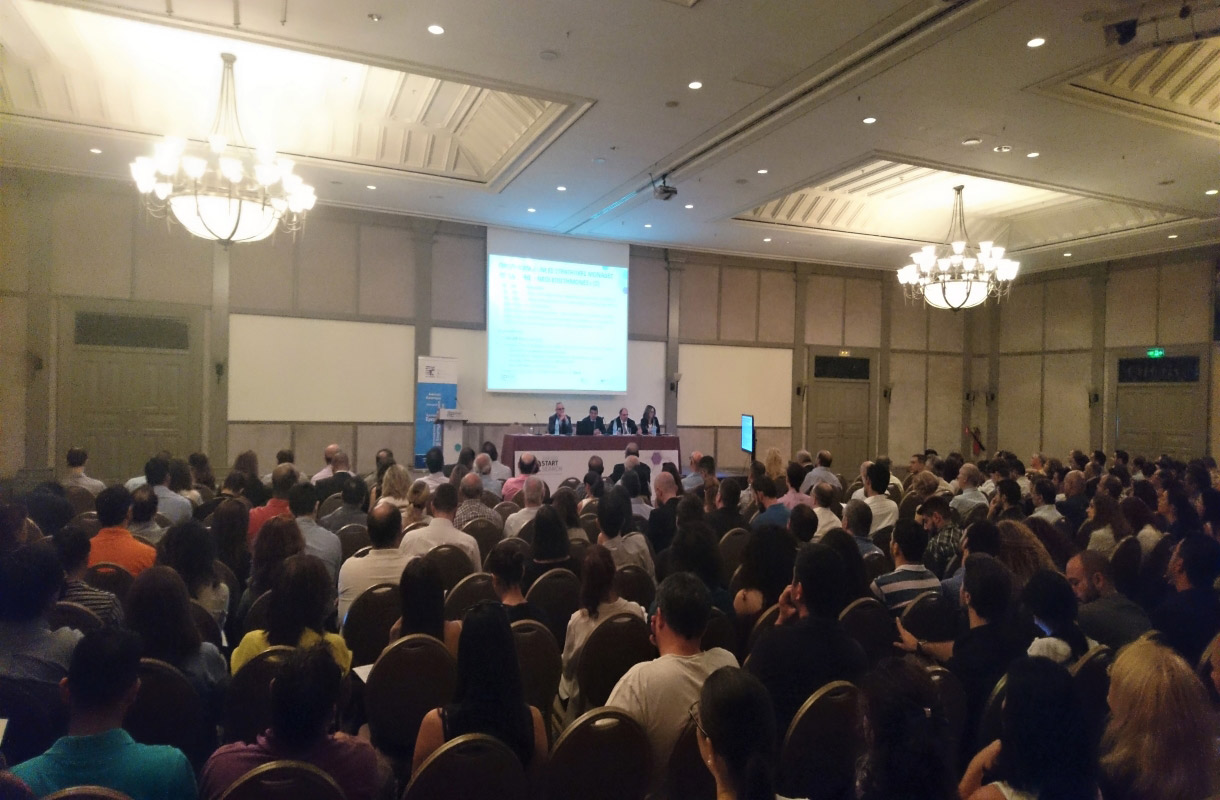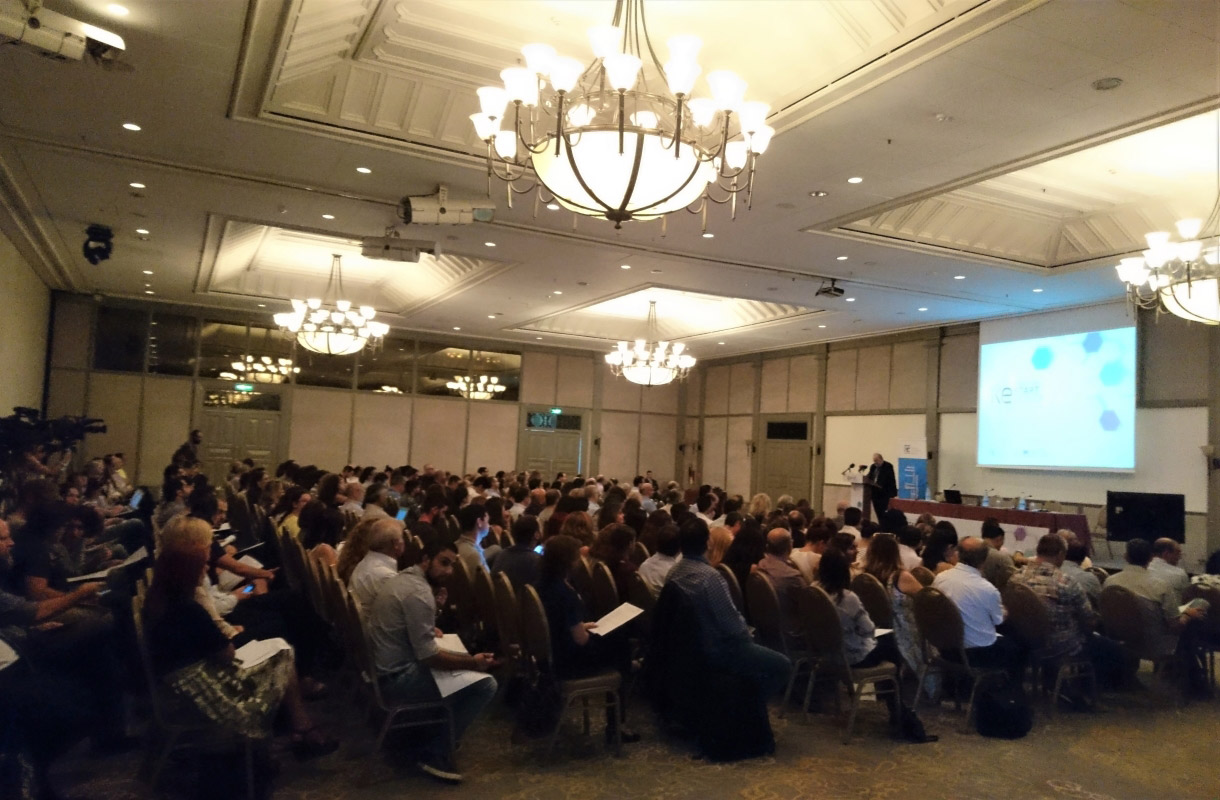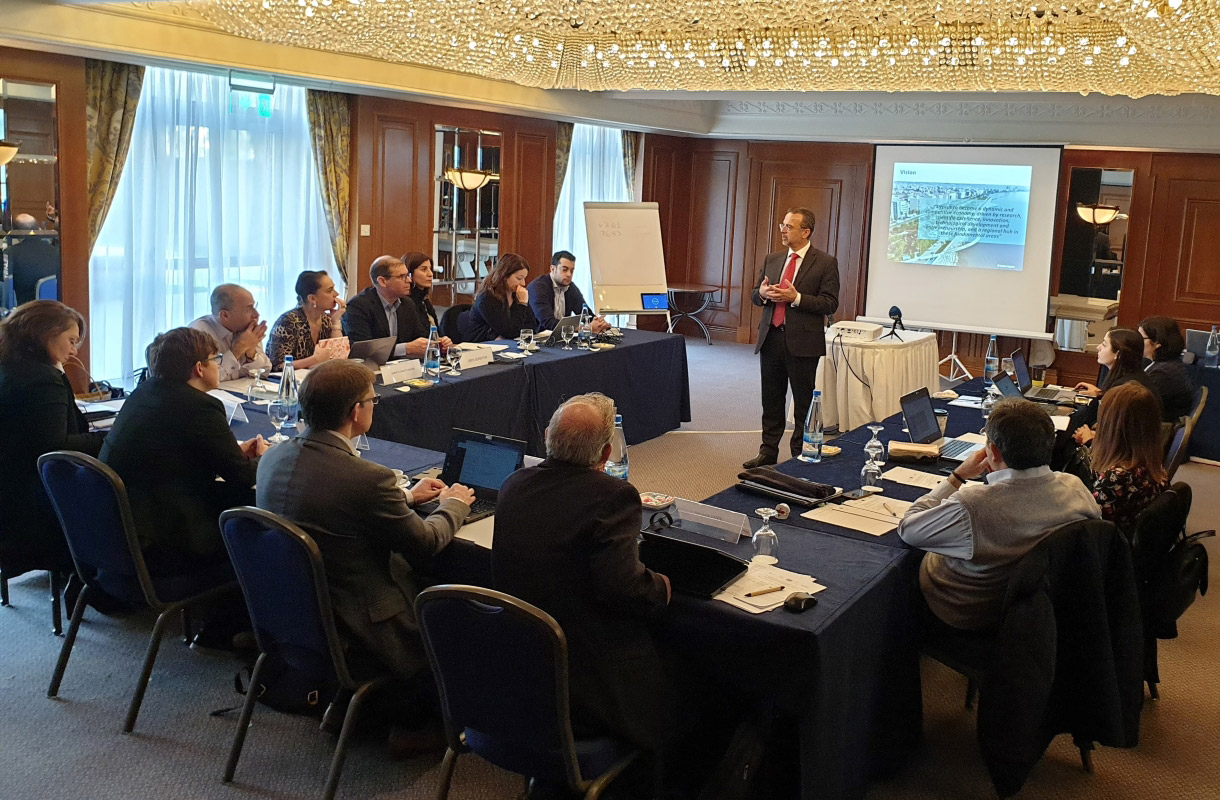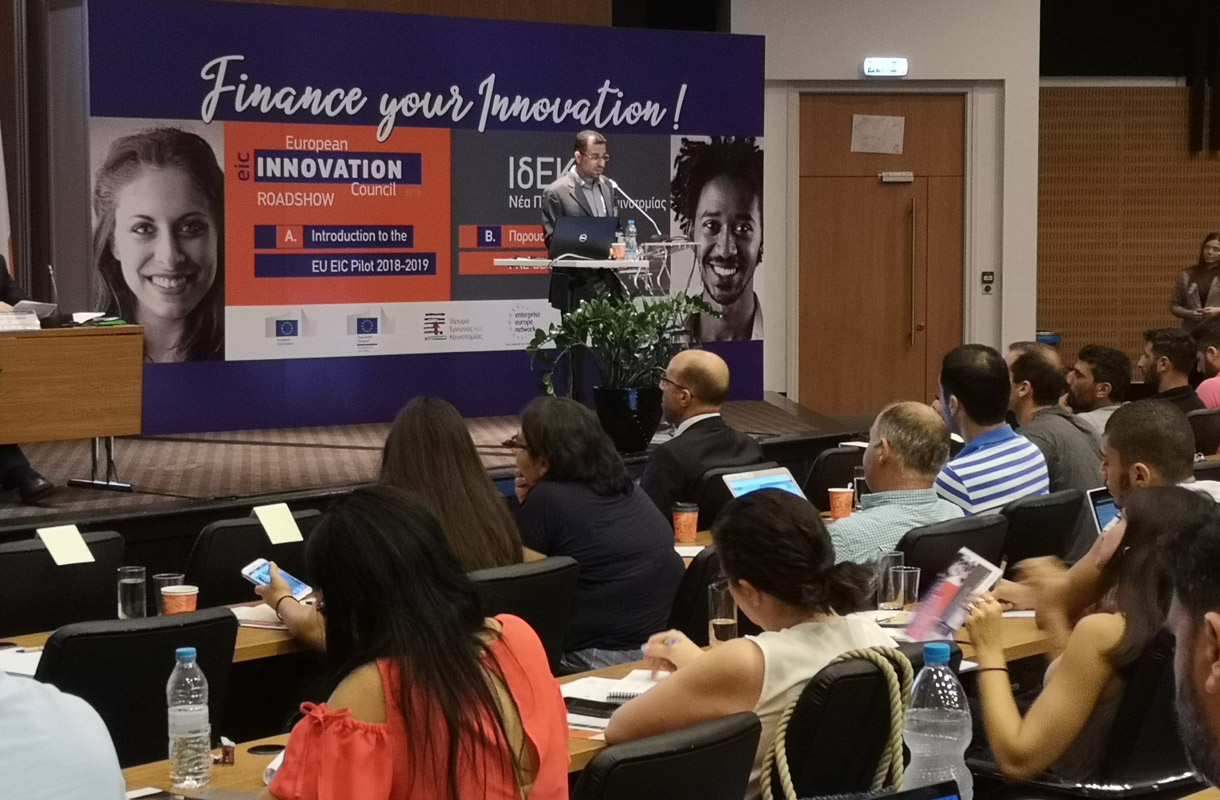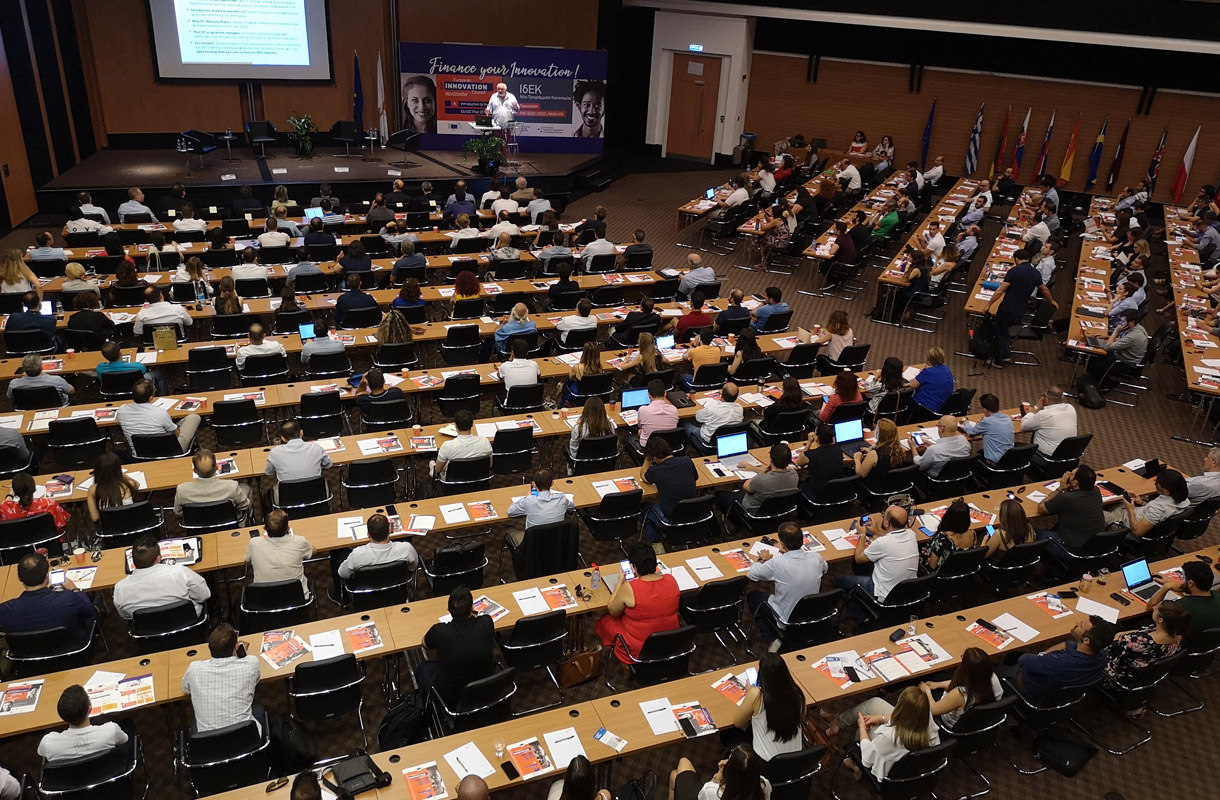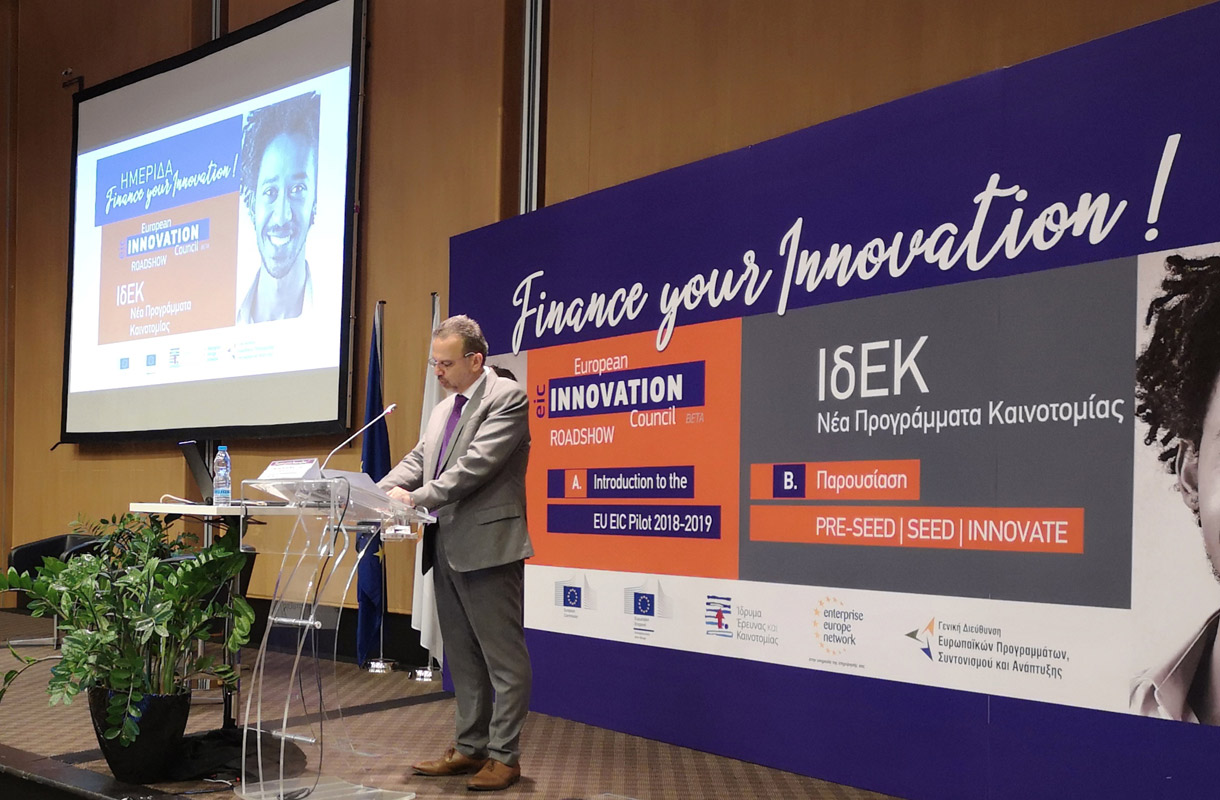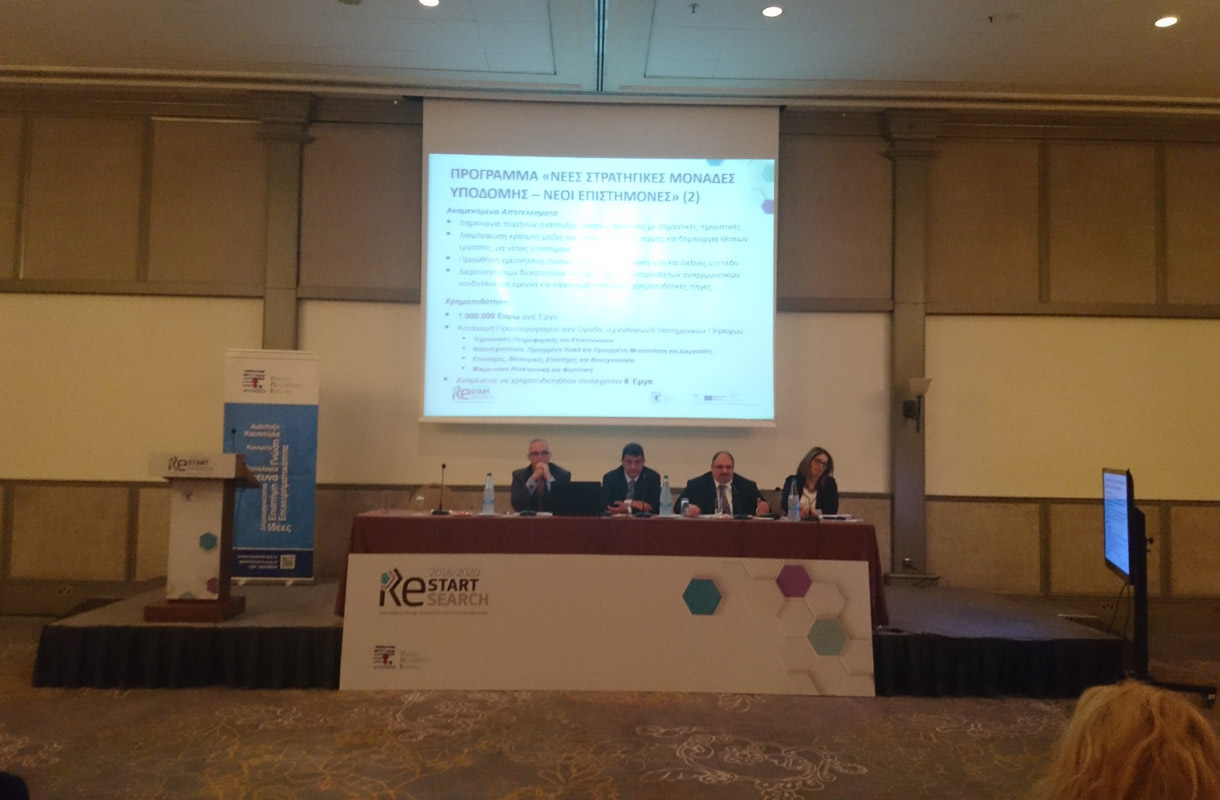Proposal Evaluation Process
For the evaluation of proposals, the RIF uses one of the following evaluation methods or a combination of these depending on the nature of each Programme/Call:
- Method I – Remote evaluation based on three (3) evaluation criteria (Excellence, Added Value and Benefit, and Implementation). Scores per criterion range from 0 to 5, and the overall score is derived from the sum of the scores for each of the three criteria based on specific weightings defined in the RESTART 2016-2020 Work Program and / or in the individual Calls for Proposals. Proposals are considered eligible for funding Proposals if they receive a minimum score of 11.00 / 15.00. In the majority of programmes, evaluation is carried out by two (2) Independent evaluators, or by one (1) independent evaluator in Programs with a Low Maximum Funding Per Project. In the case of evaluation by two independent evaluators, the final score of a Proposal is defined by the average of the scores provided by the evaluators. If the difference between scores is greater than 3.00/15.00 in total, then the proposal is also evaluated by a third evaluator and the final score will be the average of the two scores with the least difference.
- Method II – Evaluation by a Scientific Evaluation Committee (SEC), which during a consensus meeting classifies the Proposals in a ranking list and presents the rationale for the final decision in an Evaluation Report.
- Method III – Internal Evaluation for specific Programmes where the nature of the evaluation is not scientific. Proposals are evaluated by the RIF according to a specific internal procedure aimed at ensuring compliance with specific objectives and conditions as specified in the Work Programme and / or in the relevant Call for Proposals.
Evaluation Criteria
On the Evaluation Report Form, as a first step, the evaluator is required to assess to what extent the proposal is compatible with the Programme objectives. The extent to which the project activities meet the requirements of the Call for Proposals is evaluated in the context of the compatibility assessment. If the proposal is not compatible with the Programme objectives, the evaluator rejects the proposal and does not proceed with examining the evaluation criteria.
The scientific evaluation will be based, as a rule, on the following three general criteria:
Excellence
- Quality of Project Objectives.
- Degree of Project Innovation and Originality in relation to the existing knowledge (state-of-the-art) at international level.
- Soundness, credibility and feasibility of the proposed concept.
Added Value and Benefit
- Scientific, technological, social and/or economic impact and measures to maximize it.
- Effectiveness of the proposed measures for the exploitation (including management of Intellectual Property Rights) and dissemination of results for achieving maximum Project visibility.
Implementation
- Completeness and appropriateness of the Work Packages’ content, the allocation of the various activities, the timetable and the budget.
- Effectiveness of the proposed methodology for the implementation of the deliverables.
- Completeness, quality and capacity of the Consortium for the qualitative implementation of the Project (at the level of Organisations and/or individuals) and achievement of the proposed objectives.
- Suitability and adequacy of the proposed coordination and management activities, including identification and handling of potential risks.
The content of the criteria is specified in each Call for Proposals so that it may express each Programme’s philosophy and aims. Differences shall pertain to the interpretation, analysis and specialisation of each criterion and its weight over the total evaluation score.
Evaluation Results
Upon completion of the proposal evaluation procedure, the evaluation results are approved by the RIF Board of Directors (BoD), unless the BoD decides to follow a different approval procedure for specific Programmes. Upon approval, the results shall be posted on the RIF’s website by means of a Table of Results showing the ranking of the project proposals in descending order of evaluation scores, anonymously (stating the Proposal Number for each one).
For transparency purposes, after the evaluation procedure is completed, the evaluation results (including, where applicable, the Evaluation Report Forms with detailed comments and individual scores and/or the Evaluation Reports) shall be officially communicated to the beneficiaries through a letter. In the case of a two (2) stage evaluation procedure, the beneficiaries receive evaluation results upon completion of each stage.
After announcement of the results, the beneficiaries are entitled to submit a request for redress, as described in section “Redress Procedure” of Chapter 4.3 of Section ΙΙΙ of the Work Programme.
Evaluators’ List
The evaluators’ list can be accessed here.



